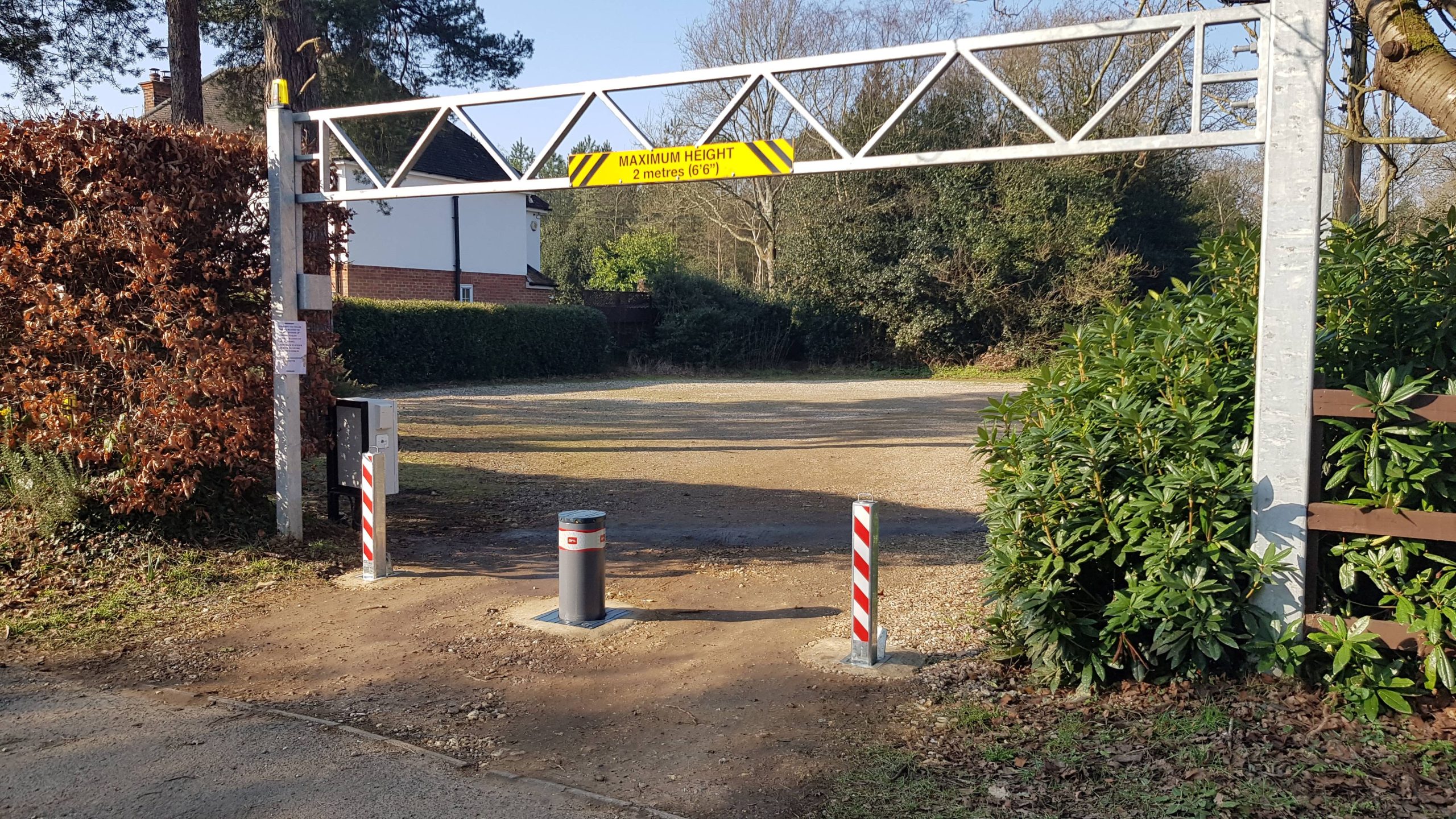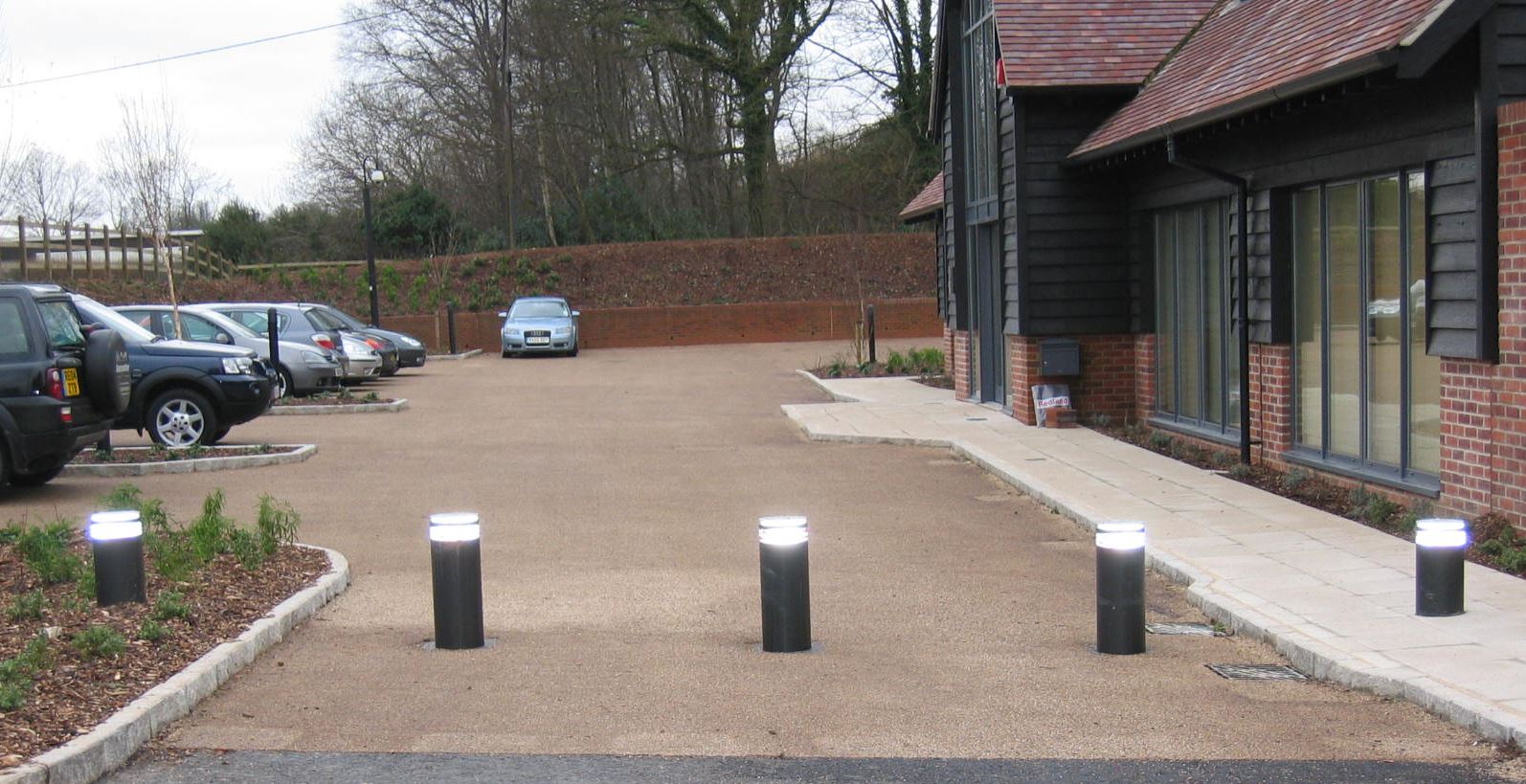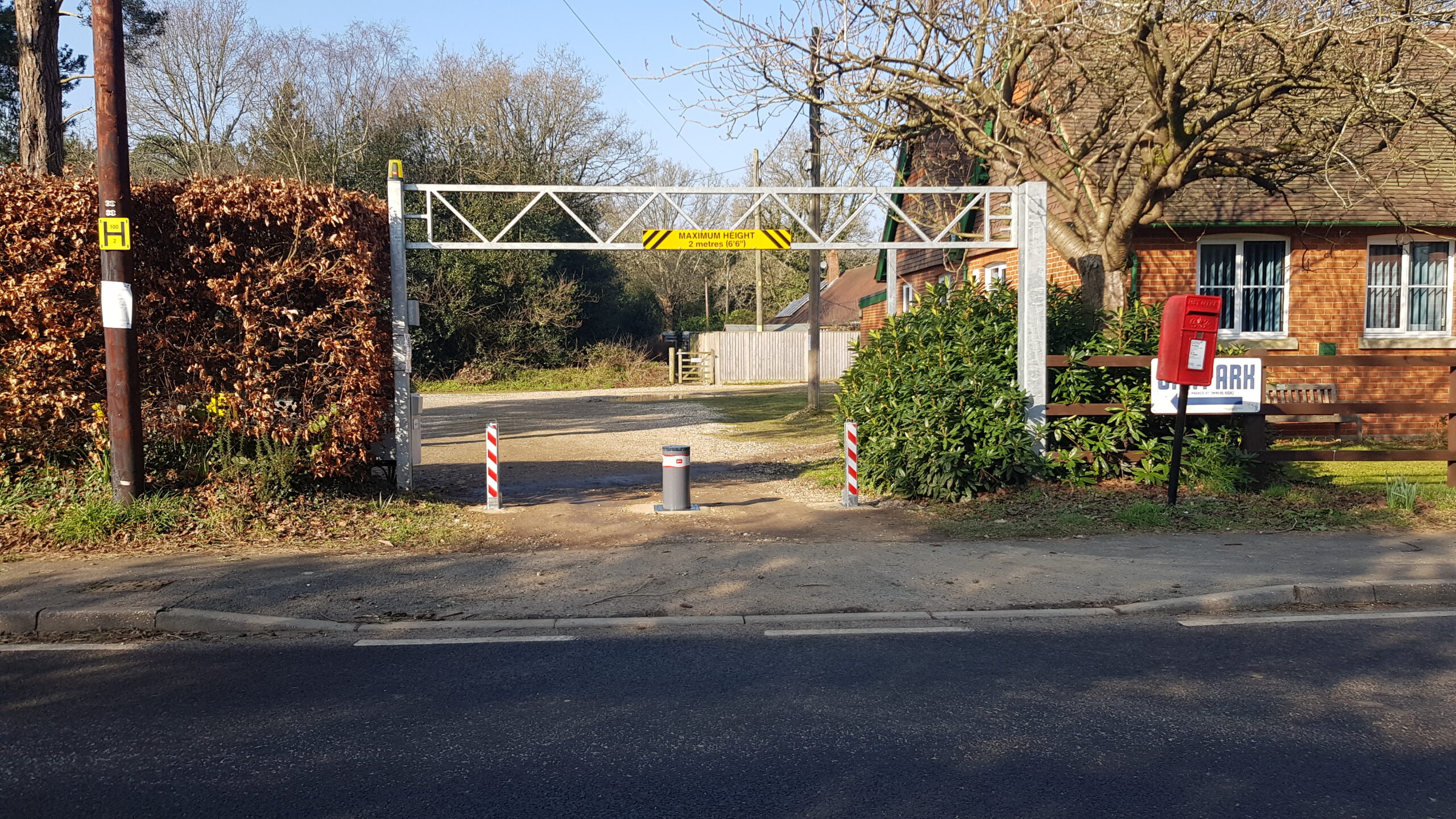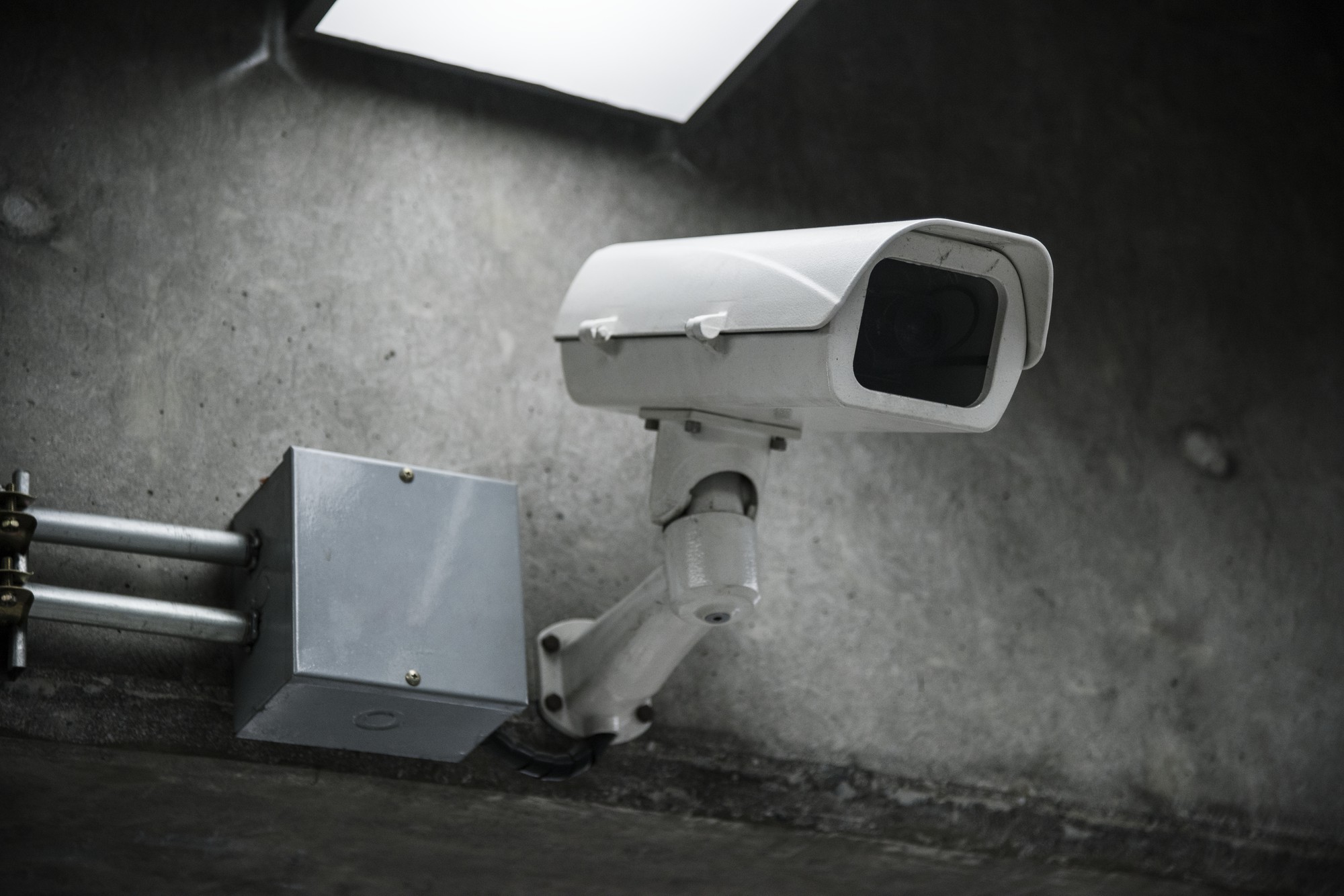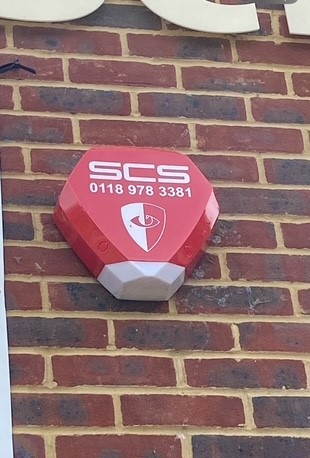Bollards play a vital role in controlling vehicle access and protecting properties from unauthorised entry or ram-raid attacks. However, with various types available, many customers struggle to decide which solution best suits their needs. In this blog we’ll outline the different types of bollards available the benefits of each.
At Security Control Systems we help clients choose between fixed, manual lift, or automatic retractable bollards based on security requirements, usage, and budget. To help determine the best solution or you, we outline the various types of bollards available on the market today:-
Fixed Security Bollards
This is a permanent security solution, so most suitable for high-risk sites or boundary protection. Fixed bollards are embedded directly into the ground and remain static. Often made from steel or concrete, they provide robust protection against vehicle impact and are ideal for long-term security.
The advantages of this type of solution include:
- Strongest option against vehicle ramming.
- No moving parts – minimal maintenance.
- Effective perimeter demarcation.
If you are looking to install this type of solution there are some key considerations to take in to account. If you require regular access to the site or area this isn’t the best bollard to install as access is ultimately restricted. Also, to fit the bollards correctly some groundwork will need to be conducted before fitting this permanent bollard installation.
Manual Lift Bollards
This type of bollard is a great option for lower-traffic areas or budget-conscious installations needing occasional access.
These manually operated bollards are raised and lowered by hand. They are typically used for locations with infrequent access needs, such as private driveways or service yards. If needed, gas-assisted lift mechanisms are available to make manual operation easier and safer.
There are many advantages for opting for this type of bollard installation to protect an area including:-
- Lower upfront cost than automated options.
- Simple to operate and no power requirements.
- Gas-assisted options improve ease of use.
- The barriers offer a physical deterrent without complex systems.
The most notable point for these types of barriers is that they require manual handling which is much less convenient for frequent-use. It depends on the type of setting, and how often the bollards will need to be lowered as to whether this is the right solution to protect an area. In addition, they may also lack the visual appeal of automated solutions.
